Capacity Building European Facility for the Readmission of Migrants – EURCAP, Final Evaluation
Title Final Evaluation of the European facility EURCAP “EU READMISSION CAPACITY BUILDING FACILITY – PHASE III”
Location Azerbaijan, Bangladesh, Costa d’Avorio, Iraq, Pakistan, Sri Lanka, Gambia
Duration Novembre 2023 – Febbraio 2024
Partner IOM Regional Office Brussels
Funding European Commission’s Directorate-General for Migration and Home Affairs.
Context
The main objective of the EURCAP Facility (Phase III) is to contribute to effective and efficient cooperation in migration governance between the EU and its partner countries through capacity-building initiatives. The specific objectives are to strengthen partner countries’ capacities to:
- manage returns and cooperate on readmission with the EU;
- prevent irregular migration.
The following intermediary outcomes contribute to these specific objectives: 1) Targeted partner countries have enhanced their capacity to manage returns and increased their understanding and dialogue with their European partners; 2) Targeted migrants from partner countries return in a dignified, safe and orderly manner, and their sustainable reintegration is facilitated; 3) The targeted population of the partner countries is aware of the risks related to irregular migration to Europe and of the benefits of safe migration; 4) Knowledge, analysis and effective communication on migration governance in targeted partner countries is strengthened.
Each Support Action developed in partner countries under Phase III of the EURCAP Facility with the support of the Local Project Teams (LPTs) contributes to one or more of the above outcomes. The Project Management Team (PMT) ensures that a similar workflow is applied for each Support Action. The individual outputs and activities of Support Actions are defined by the respective concept notes or proposals in agreement between LPTs, PMT and DG HOME. The EURCAP Facility has among its primary target groups public authorities in partner countries dealing with cooperation on readmission with the EU and public authorities from EU Member States. Furthermore, the Facility targets experts, stakeholders and representatives from within IOM, other partner countries, regional / international organizations, academia and civil society actors.
General Objective
In November 2023, approaching the end of the Phase III of the Facility, IOM Regional Office Brussels involved ARCO to carry out the final evaluation of EURCAP Facility Phase III and report on the findings and recommendations. The overall purpose of the evaluation is to assess the processes and achievements of the project, focusing in particular on the partner countries supported, i.e., Azerbaijan, Bangladesh, Côte d’Ivoire, Iraq, Pakistan, Sri Lanka and The Gambia.
Our contribution
Based on the evaluation objectives, ARCO proposes a mixed-method approach that complements quantitative and qualitative research methods to produce reliable indicators that measure and assess the changes achieved and all other aspects of interest.
In order to explore the processes and dynamics put in place by the EURCAP Facility, the evaluation strategy used builds on the theoretical basis of the Outcome Mapping (OM) methodology.
The evaluation study focuses on the countries in which Support Actions were implemented under Phase III – Azerbaijan, Bangladesh, Côte d’Ivoire, Iraq, Pakistan, Sri Lanka, The Gambia – with a specific focus in the country in which the software e-RCMS was piloted, Azerbaijan.
Azerbaijan has been selected together with the EURCAP PMT as a Case Study of particular interest and a field visit by ARCO evaluators has been organized, during which ARCO conducted all data collection activities in person. During the final evaluation process, semi-structured interviews have been conducted with several stakeholders and a web-based survey have been administered to public authorities representatives.
Read more on the Local Development Unit
Related Projects
-

Betting on the Future: Youth and Territory in the Empolese Valdelsa Municipalities
-
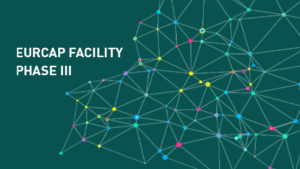
Capacity Building European Facility for the Readmission of Migrants – EURCAP, Final Evaluation
-
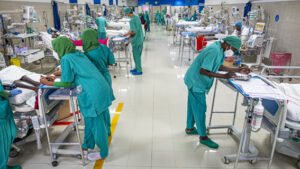
Final evaluation and SROI analysis of the project to train health personnel at the Salam Centre in Khartoum
-

Action-research to foster the employment inclusion of persons with disabilities in Tunisia
-

What Women Want: women’s empowerment and aspirations in MENA countries.
-

Exploratory research on accessibility of health services in Mozambique
-

Action-Research to foster labour accessibility for young people with disabilities in Kenya
-
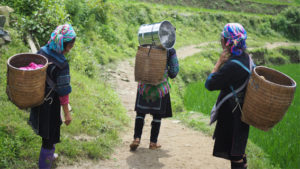
Evaluation of the project that aims to improve the health of the most vulnerable in Myanmar
-
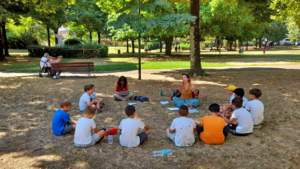
Action-Research for the Global Boyhood Initiative on stereotypes, gender roles and bullying
-
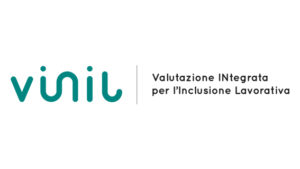
VINIL – employability assessment for persons with disabilities
-

Food Wave, Monitoring the project that promotes sustainable food consumption among young Europeans
-
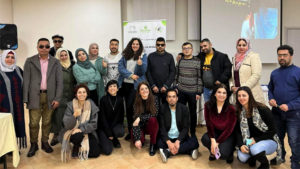
Nothing About Us Without Us: Emancipatory Research and Strategic Plan on disability in Palestine
-

Monitoring and evaluation of the participatory processes of Cantieri della Salute in Tuscany
-

Market analysis to foster employment of young people in Mali
-
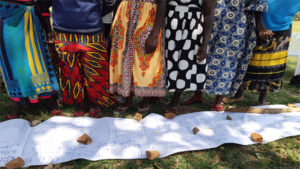
Action – Research to foster community health insurance for women in Sédhiou, Senegal
-
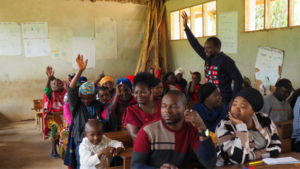
No One Left Behind: an Emancipatory Research for young people with disabilities in Tanzania
-
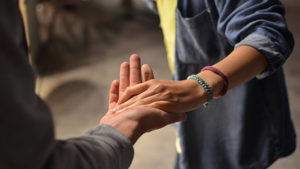
Social Board a model to contrast social exclusion, the case of Prato
-
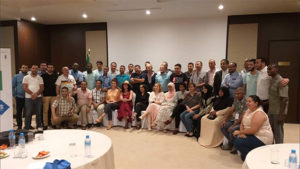
CapDeL: Incubation process for associative projects in Algeria
-

CapDeL: la ricerca al servizio dello sviluppo locale sostenibile in Algeria
-
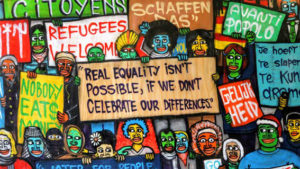
Evaluation of the SPRAR projects managed by ARCI Toscana
-

Need assessment to foster social inclusion in Tuscany
-
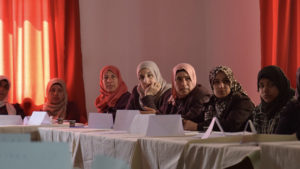
Promoting inclusive business and social entrepreneurship in Palestine
-

Final Evaluation of CBR Programme on disability and rights of persons with disabilities in Mongolia
-
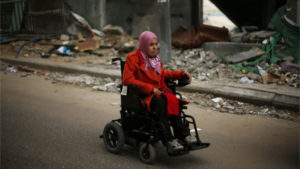
Emancipatory Research as a participatory approach to foster inclusion of women with disabilities in Palestine
-
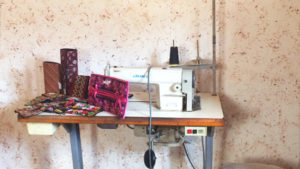
Research and consultancy for the inclusion of women with disabilities in the Gaza Strip
-
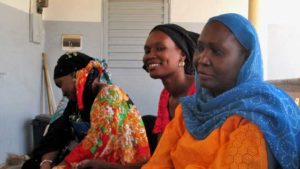
Action-Research for gender mainstreaming development in Senegal